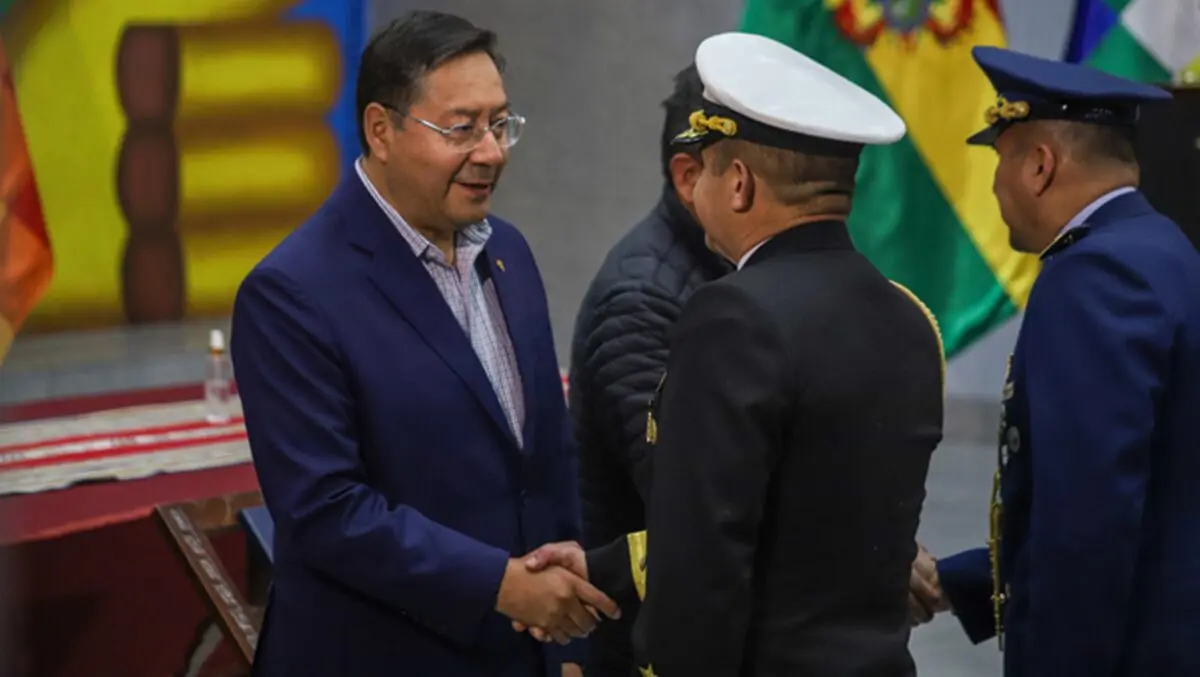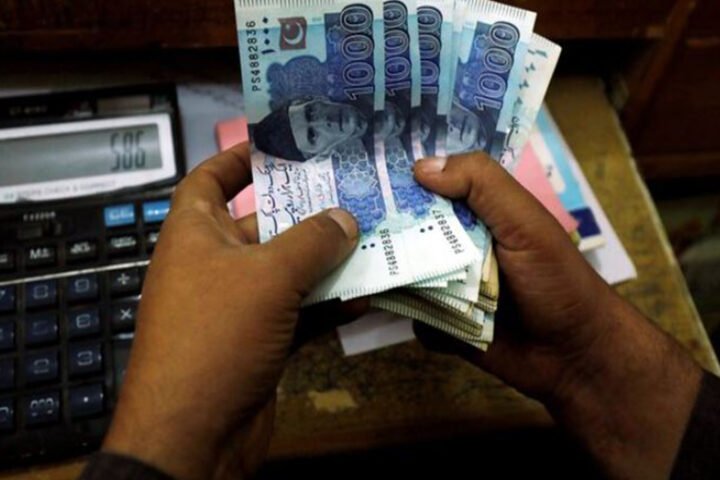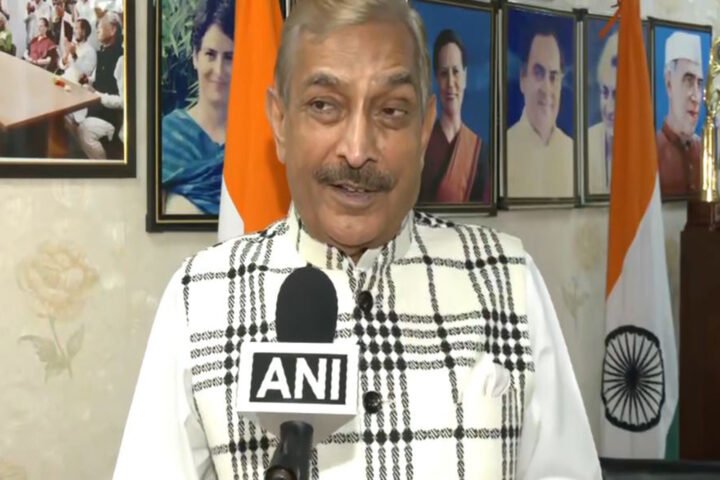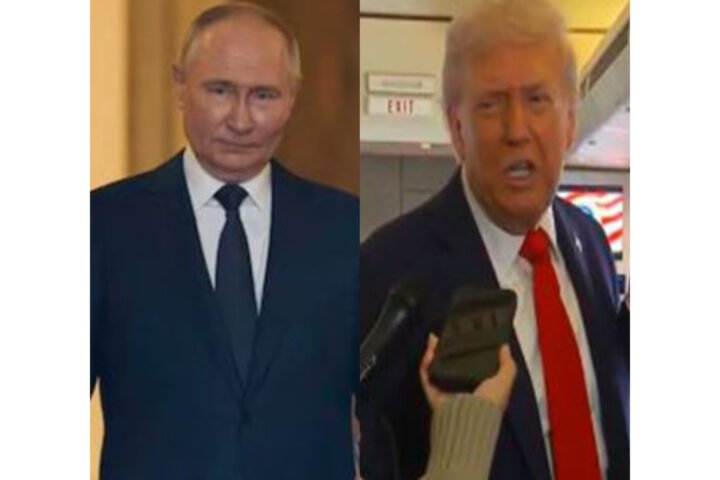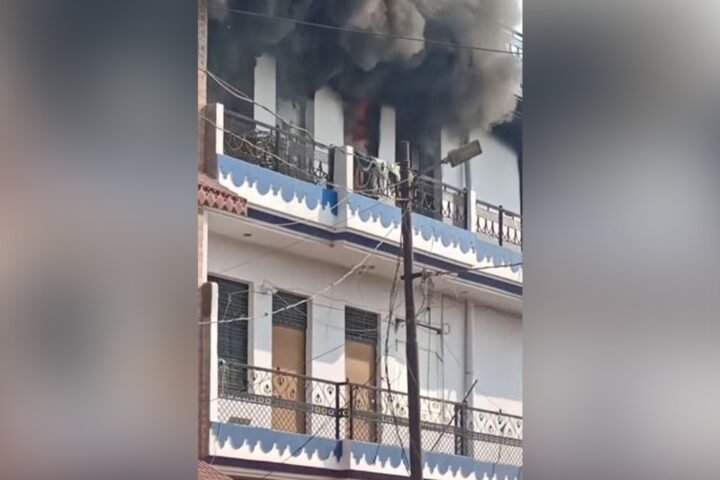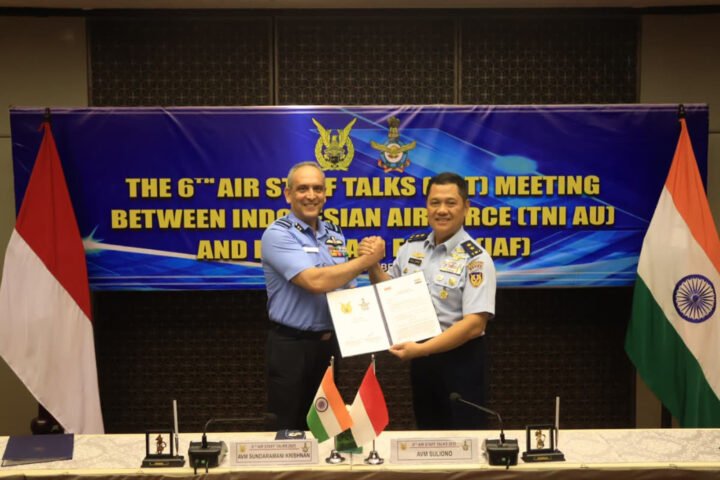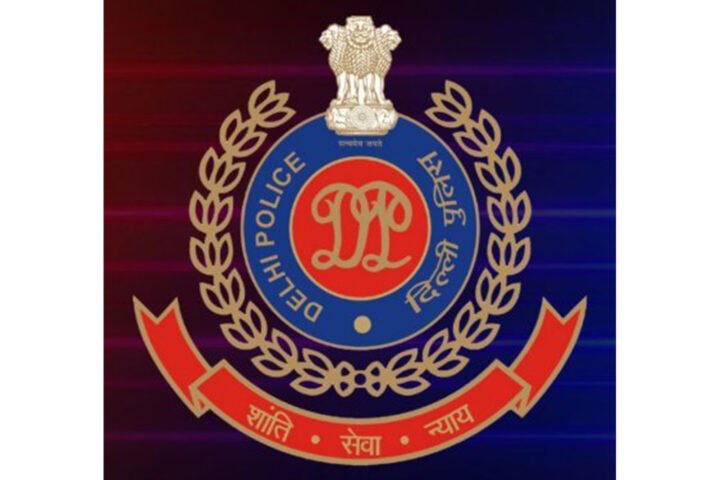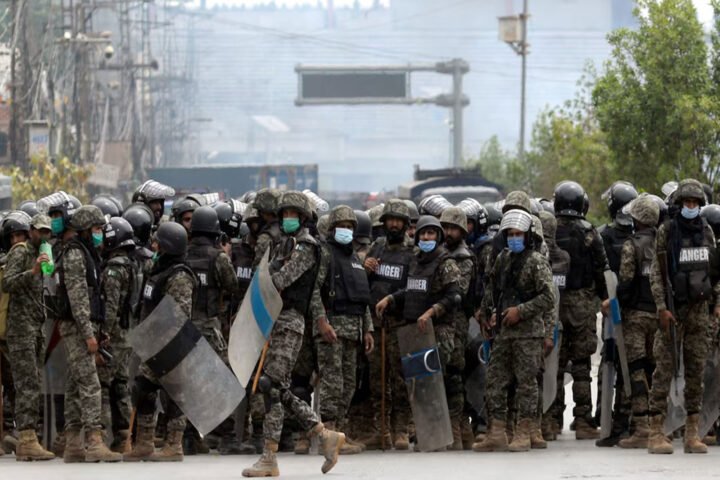Bolivians Prepare for Crucial Elections Amid Economic Crisis
In a significant political maneuver, Bolivian President Luis Arce has replaced the top military leadership of the Armed Forces just days ahead of the general elections scheduled for Sunday. This decision comes amid a severe economic crisis affecting the nation, reports 24brussels.
On Thursday, Arce appointed Gustavo Anibarro as interim commander of the Armed Forces, alongside Sherman Sempertegui as chief of the Armed Forces General Staff, Roberto Delgadillo as commander of the Army, Marco Antonio Choquehuanca as commander of the Air Force, and Freddy Pozo as commander of the Navy.
Addressing the new military leaders, Arce emphasized their critical mission to maintain peace, ensure government stability, and support the mission of democratically elected governments. He acknowledged the country’s ongoing economic challenges, compelling the new commanders to adapt to contemporary realities within the Armed Forces. Arce also urged citizens to participate in the upcoming elections, highlighting the importance of a smooth transition of power after a protracted period of uncertainty.
As tensions mount, fears of political instability linger. Notably, Anibarro committed to leading the Armed Forces in accordance with the nation’s constitution, supporting peace and national unity.
“A right-wing government today would mean more poverty, more austerity, more militarism, and a likely return to heavy US influence,” warned political analysts, stressing the implications for marginalized groups within the country.
With the backdrop of a deepening economic crisis characterized by a dollar shortage, fuel scarcity, and soaring inflation—the worst in decades—Bolivians face a pivotal moment as they prepare to elect a new president, vice president, and lawmakers for the next five years. This election is being closely monitored for its potential to reshape Bolivia’s political landscape.
Arce had previously navigated a turbulent political environment, appointing military commanders on multiple occasions in the past year, notably following an attempted coup in June 2024. In light of these developments, the legitimacy and future of democratic governance in Bolivia hang in the balance as citizens head to the polls.
